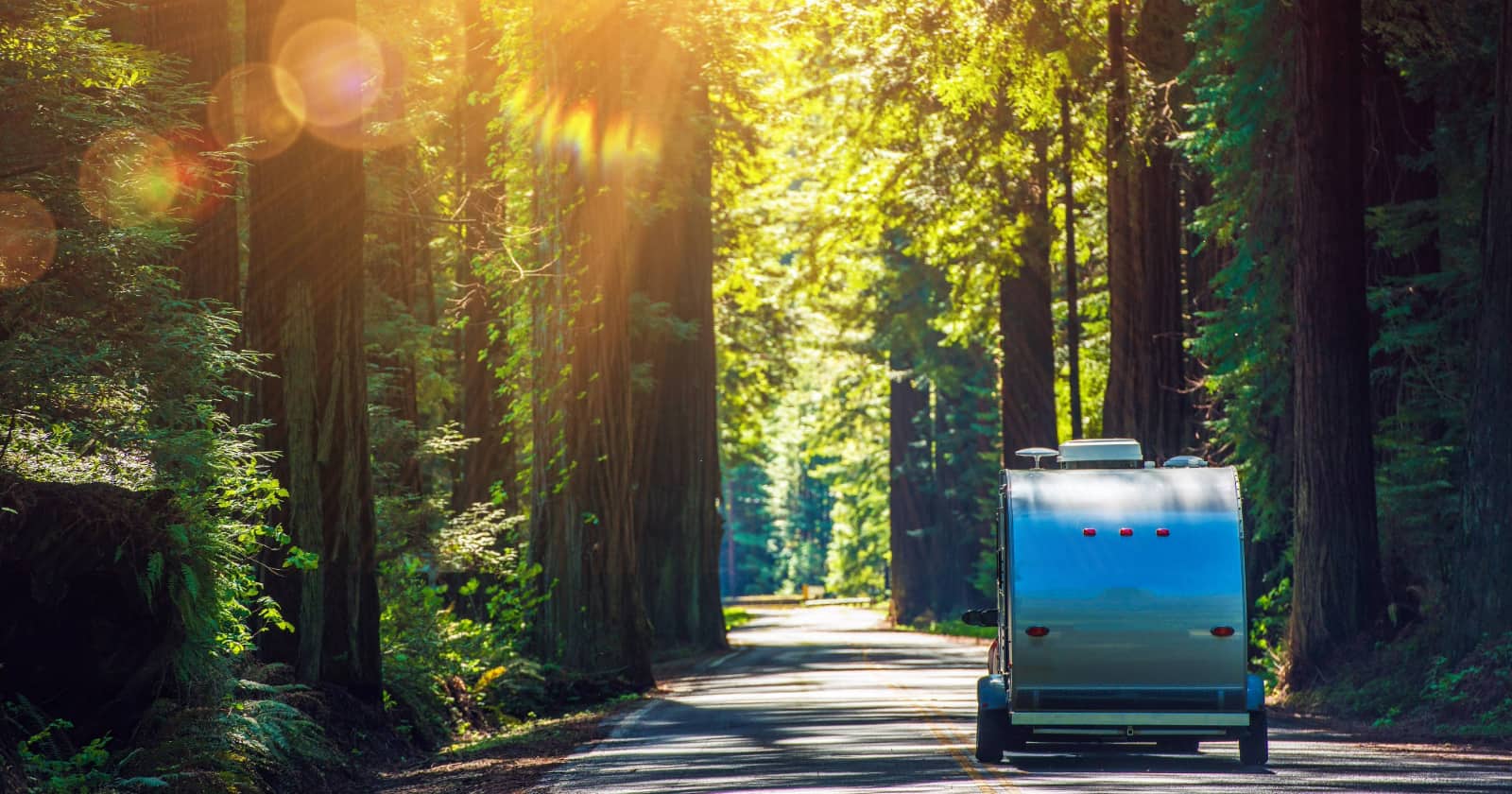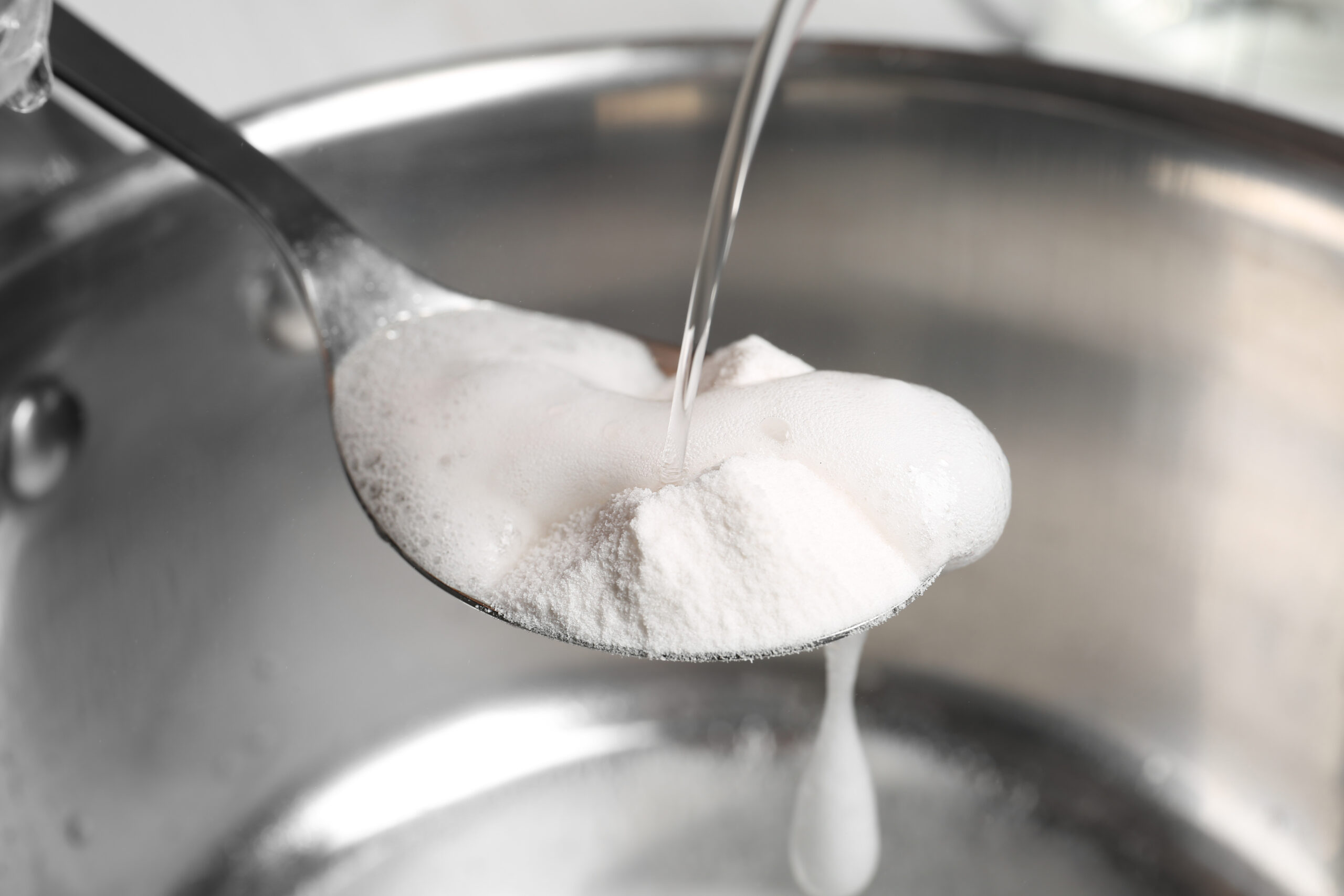The RV lifestyle, with its sense of freedom and adventure, also brings responsibilities. One of the most significant is managing the waste in every RV holding tank. Keeping these tanks clean and odor-free requires chemicals, but the choice between traditional and environmentally friendly options can impact not just the RV but also our surroundings.
Understanding RV Holding Tanks
Before delving into the chemicals themselves, it’s essential to understand RV holding tanks. RVs typically have two: one for grey water (from sinks and showers) and one for black water (toilet waste). Both tanks can develop unpleasant odors and waste buildup.
Traditional RV Holding Tank Chemicals
These have been used for decades to break down waste and control odor. They are often chosen for their effectiveness and quick results.
1. Composition
Traditional chemicals often contain formaldehyde or bronopol, which act as biocides, killing bacteria and breaking down waste.
2. Benefits
- Quick action: They rapidly break down waste and control odors.
- Broad availability: Almost every RV supply store will stock traditional chemicals.
- Longer shelf life: They can be stored for extended periods without losing efficacy.
3. Drawbacks
- Environmental impact: Formaldehyde is harmful to the environment. When emptied at dumping stations, these chemicals can leach into the ground, potentially contaminating water sources.
- Septic systems: They can disrupt septic systems by killing beneficial bacteria, leading to system imbalances.
- Health concerns: Prolonged exposure might have health implications for some individuals.
Environmentally Friendly RV Holding Tank Chemicals
With growing awareness of environmental concerns, there’s been a shift towards greener options in many sectors, including RV maintenance.
1. Composition:
These chemicals are typically enzyme-based or bacteria-based. They help break down waste without the environmental consequences of traditional options.
2. Benefits:
- Eco-friendly: They’re designed to have minimal impact on the environment. Being biodegradable, they don’t contaminate water sources.
- Septic system safe: Unlike traditional chemicals, these do not harm septic systems. They can even enhance the system’s bacterial balance.
- No harsh chemicals: They’re generally safer for humans, reducing the risk of skin irritations or inhalation issues.
- Long-term efficacy: While they might work slower, their results are often more lasting, reducing the frequency of treatments.
3. Drawbacks:
- Slower action: They might take longer to break down waste and control odors compared to their traditional counterparts.
- Price: Often, eco-friendly options come with a higher price tag, though this gap has been decreasing.
- Availability: While growing in popularity, they might not be as readily available as traditional chemicals, especially in remote areas.
Making the Transition
If you’re considering switching from traditional to environmentally friendly chemicals, keep these points in mind:
- Tank cleaning: Before making the switch, thoroughly clean your RV holding tanks to remove residues of traditional chemicals.
- Adjust expectations: Initially, you might notice a slower action. Give the eco-friendly chemicals some time to showcase their efficacy.
- Research brands: Not all green chemicals are created equal. Look for reviews and testimonials to choose a reputable brand.
The Broader Impact
Your choice of RV holding tank chemicals can have repercussions beyond your home-on-wheels:
- Environment: Traditional chemicals can harm ecosystems, especially aquatic life. If you’re camping near lakes or rivers, the choice of eco-friendly options becomes even more critical.
- Campgrounds and dump stations: Some campgrounds have started to mandate the use of green chemicals due to the impact of traditional ones on their septic systems.
- Future generations: Adopting environmentally friendly practices now can help preserve nature for future generations of RV enthusiasts.
Wrapping Up RV Holding Tank Chemicals
Choosing between traditional and environmentally friendly RV holding tank chemicals is more than a personal decision; it reflects a commitment to the environment and sustainable RVing. While traditional chemicals offer quick results, their environmental and health concerns are hard to overlook.
On the other hand, eco-friendly options, with their gentle yet effective action, represent the future of RV maintenance, balancing the joys of travel with the responsibility of care for our planet.



